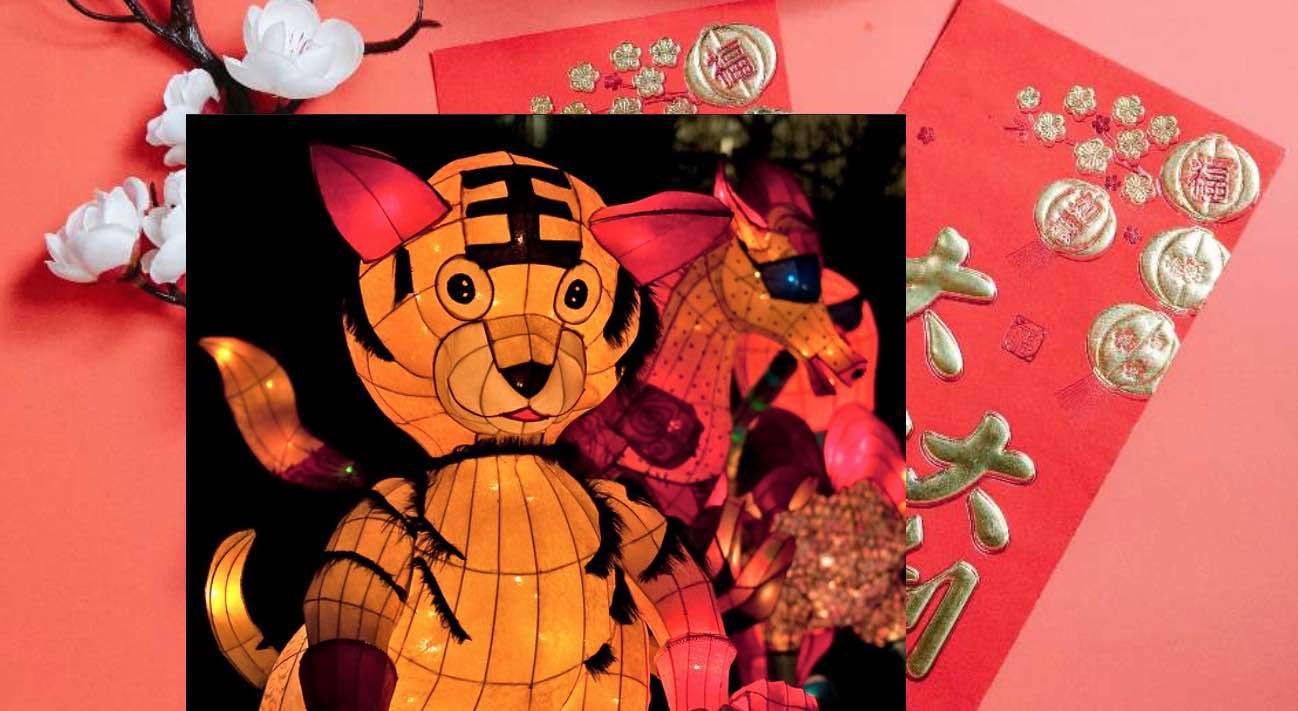South Australia Smashes Renewable Record Using 100% Solar And Wind For Full Week
For 6.5 days the denizens of South Australia enjoyed 101% of their electricity needs coming from solar and wind power.

The Lunar New Year, also known as the Chinese New Year, or the Spring Festival, is one of mankind's great celebratory spectacles. Typified by celebrations of animals from the Chinese zodiac, gift-giving, wild work parties, and a staggering amount of fireworks, it's a time of joy, and the longest period off work for Chinese employees.
In folklore, many traditions are focused on the story of villagers driving away a demon called "Nian" or "year" by wearing bright red colors, making loud noises and producing bright lights.
One of the foremost traditions is that of the "red packet," which is a small red envelope filled with money given to family, friends, coworkers, and others to bring good fortune.
Food is also important, as it is in any festival. Jiaozi are the half-moon-shaped dumplings traditionally eaten on the Spring Festival to bring wealth into the new year, and are the most famous of festival dishes. Fish is also eaten, to bring about abundance, and noodles for longevity.
It is the single largest movement of humans on Earth, with hundreds and hundreds of millions of Chinese taking trains, planes, cars, and buses out to wherever their families are to be found.
The most basic explanation for how to find the Spring Festival on a western calendar is that the date of the Chinese New Year transpires on the second new moon following the December solstice. Each year corresponds with an animal in part of a twelve-year cycle, beginning with the rat and ending with the pig.
We are now entering the Year of the Tiger, the third animal in the cycle. The tiger in Chinese Mythology was called upon by the Jade Emperor, the ruler of Heaven, to exorcise demons, and thus many horoscopes are reading that this year is one for courage, bravery, and for banishing demons.

This is also the date chosen by conservationists 12 years ago as a deadline for an attempt to double the number of tigers on Earth corresponding to their big year in 2022. While they couldn't achieve a doubling, the tiger countries of Asia have gained more than 500 individuals over that period.
This reporter lived in China for a period of five months which included the Spring Festival, and saw its undertaking inside a major metropolis first-hand.
In much of China, society is well-ordered. The Lunar New Year changes that, and is one of those events so deeply-rooted in each individual member of the culture that its expression completely halts the functions of ordinary society as easily as a zipper separates the two halves of a coat.
The Chinese invented the zipper; they also invented fireworks, and if the New Year's Eve fireworks display in New York City or Washington D.C. is impressive, it is only because the spectator has never visited one of the great cities of China. The explosions, crackling, whistling, and sparkling has no obvious break, rather it drums on as thoroughly as the fastest power tools, renewing itself upon every deflectable surface in sonic vigor.
The streets are closed by shopkeepers, who by shuffling out traffic cones claim the piece of road in front of their stores for their use as a personal launching pad for rockets and firecrackers. Anyone foolish enough to be driving around at night, for example, the police, are brusquely shuffled into the oncoming lane by the shopkeepers' vigorous gesticulating.
This reverence for the effect of fireworks, which is said to ward off evil spirits with their lights and noise, was once widespread, and little notice of any holiday or occasion was needed to send a neighborhood or entire city into a fireworks-lighting frenzy. However the widespread fires and damages that often resulted from these spontaneous celebrations brought the government to limit their use to public holidays.
Before most employees get 7-14 days off work, it's traditional for the boss of a company to throw a massive corporate party. Typically these events will consist of a lavish quantity of food and beer, as well as karaoke and games.
Afterward, the a long holiday is enjoyed, then the Chinese return to work until the next opportunity to break out the fireworks on Tomb Sweeping Day in early April.
ROAR a Little Festivity Into Those Feeds; Share This Piece…
Be the first to comment